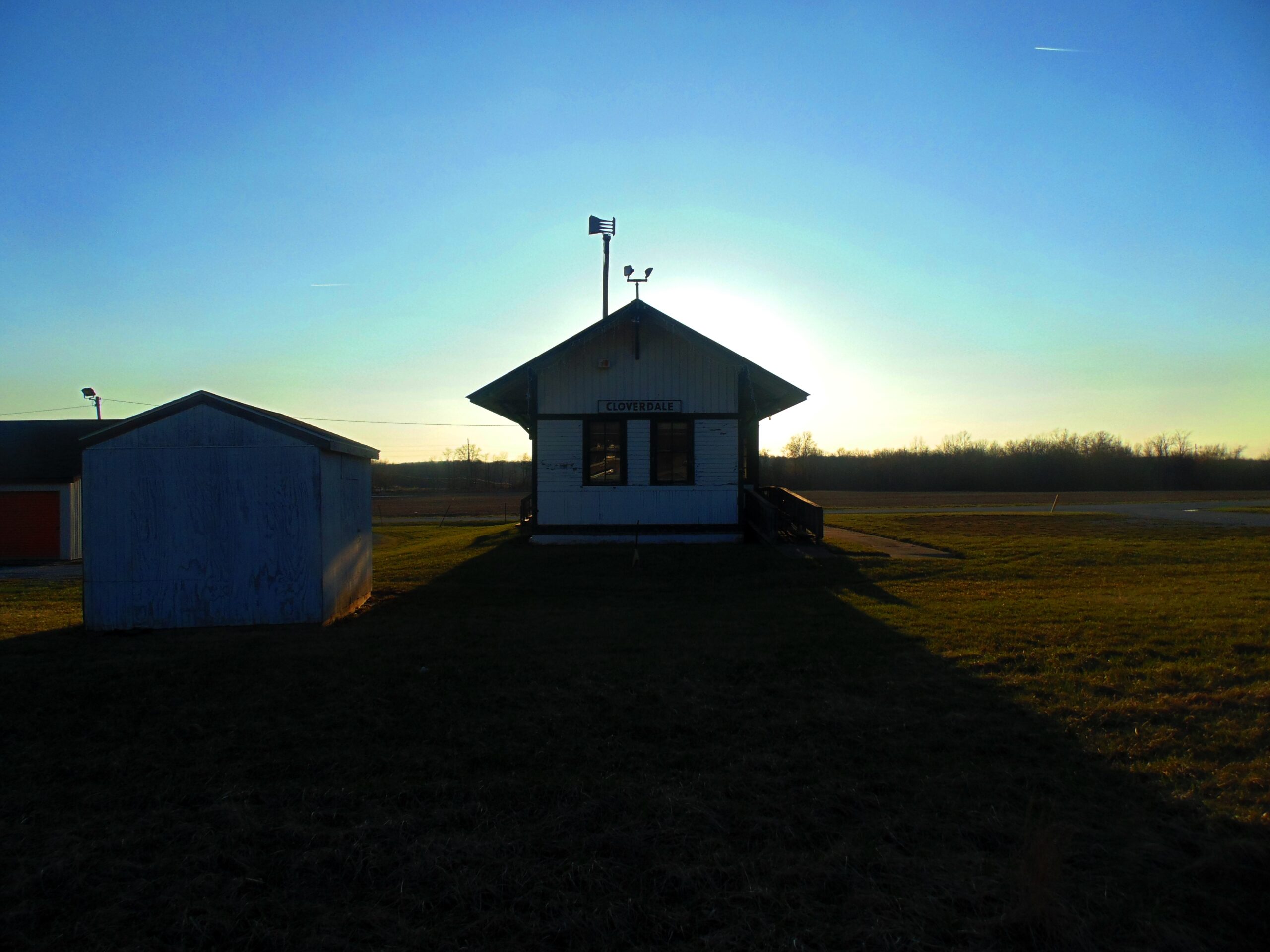
I meet Keith outside a rest stop in Indiana. Keith is a truck driver, slumped over and shapeless, wearing XXL sweat pants that clash beneath his paisley. Keith moved down this way “a while ago,” satisfying a mandatory prerequisite for his job. These days, Keith splits his time between the big rig and his God. He sneaks in references to the messiah at every turn, whether discussing the 90-year history of Route 66 or the robust arts community that exists outside of Omaha. We shake hands upon departing, and I offer Keith best wishes. “I leave it all up to the man in charge,” Keith assures me. He is pointing off toward an empty sky, a soiled Band-Aid dangling listless from his arm.
The story of the Flatlands is a story bathed in Christianity – a long-lost tug of war between an America that never was and the capitalist regime it’s since become. Here in the Flatlands there are feuding steeples all but dwarfed by giant crosses, Christian universities located on opposite ends of the same block. There are billboards draped in crimson, plagued with slogans about God and love and Christ and death; bankrupt houses sinking low into the ground. There are burned-out train cars, rusting silos, stripped-down plants that haven’t seen good work in years.
“I come here every evening,” an elderly woman informs me. We are standing in an open field along the northern edge of Cloverdale. “I search the brambles for my Jackie.” Jackie is a house cat. Jackie flew the coop after his lifemate disappeared. It’s been several weeks now since poor Jackie hit the bricks. And yet his owner still comes out here right at sundown, unwilling – or perhaps even unable – to acknowledge the bustling traffic less than 40 yards away.
